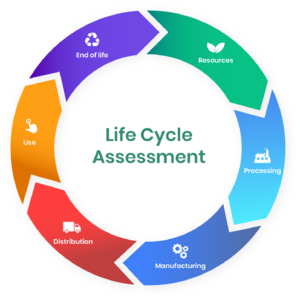How vital is recycling to a product' s lifespan or lifecycle?
Recycling plays a crucial role in extending a product's lifespan and lifecycle in several ways:
Resource conservation: By reusing existing materials, recycling reduces the need to extract virgin resources like metals, wood, and plastics. This preserves natural resources and protects ecosystems from the environmental damage caused by mining and extraction.
Reduced manufacturing impact: Recycling often requires less energy and generates fewer emissions compared to virgin material production. This translates to a smaller environmental footprint for the product's overall lifecycle.
Extended product life: Some materials, like metals and glass, can be recycled numerous times without losing their quality. This allows them to be incorporated into new products, effectively extending their useful life and reducing the need for new materials.
Closed-loop systems: In ideal scenarios, products are designed with "design for recycling" principles in mind. This means using easily recyclable materials and creating products that can be readily disassembled for material recovery. Such closed-loop systems maximize the lifespan of materials and minimize waste generation.
Economic benefits: A robust recycling industry creates jobs and economic opportunities. Efficiently recycled materials can be cheaper than virgin resources, making them attractive to manufacturers and contributing to cost savings.
However:
- Not all materials are equal: The recyclability and reuse potential of materials vary greatly. Some materials degrade with each recycling cycle, limiting their lifespan.
- Recycling infrastructure challenges: Not all regions have efficient recycling infrastructure, resulting in limited recycling rates and hindering the full potential of this process.
- Contamination issues: Contamination with non-recyclable materials can render entire batches unusable, highlighting the importance of proper waste segregation and collection systems.
Overall, while recycling doesn't magically grant products eternal life, it plays a vital role in extending their lifespan and mitigating their environmental impact. It's an essential component of a sustainable circular economy where resources are efficiently used and waste is minimized. However, overcoming infrastructure challenges and promoting responsible waste management practices are crucial for maximizing the benefits of recycling.

Comments
Post a Comment
Thanks